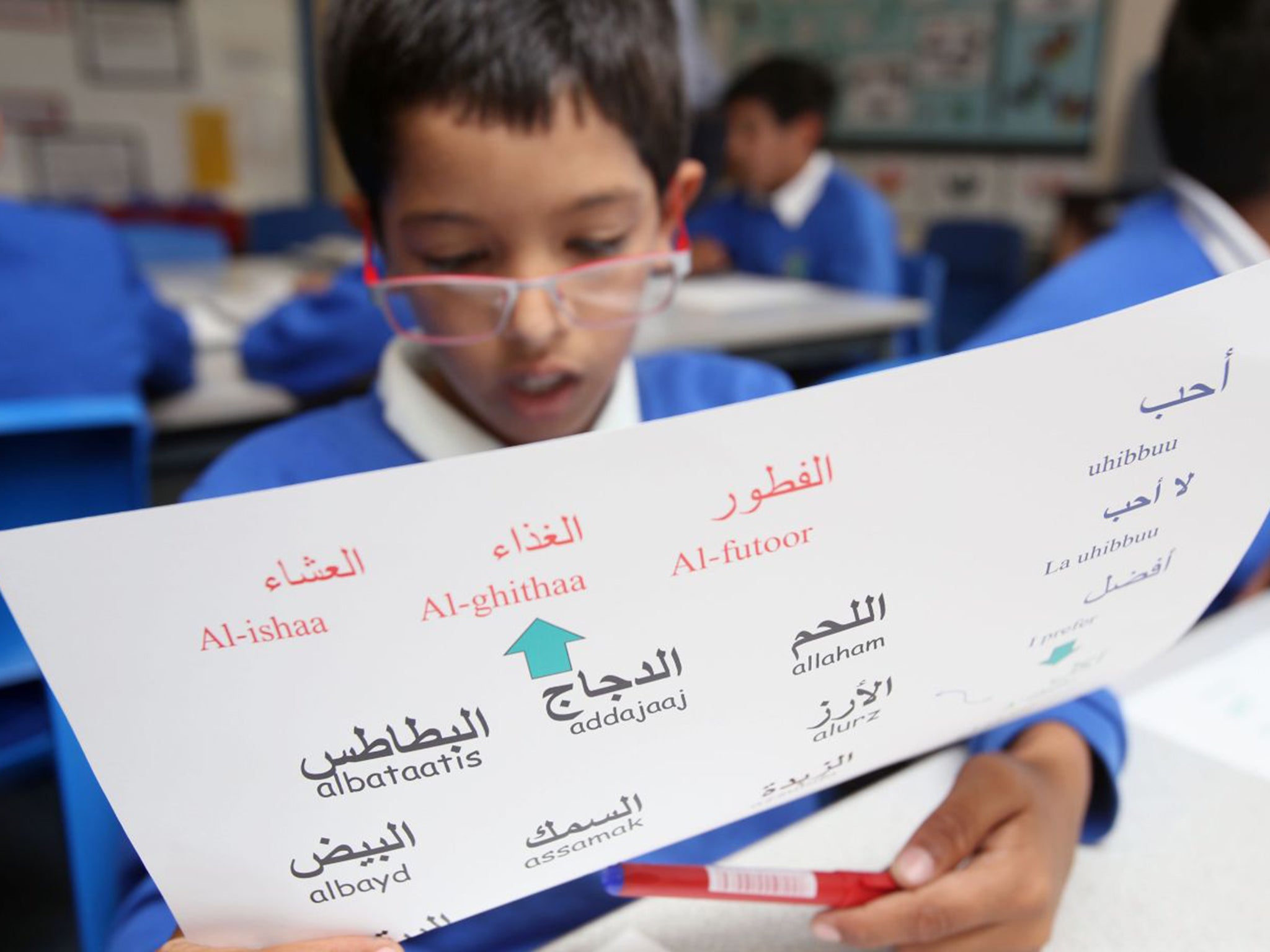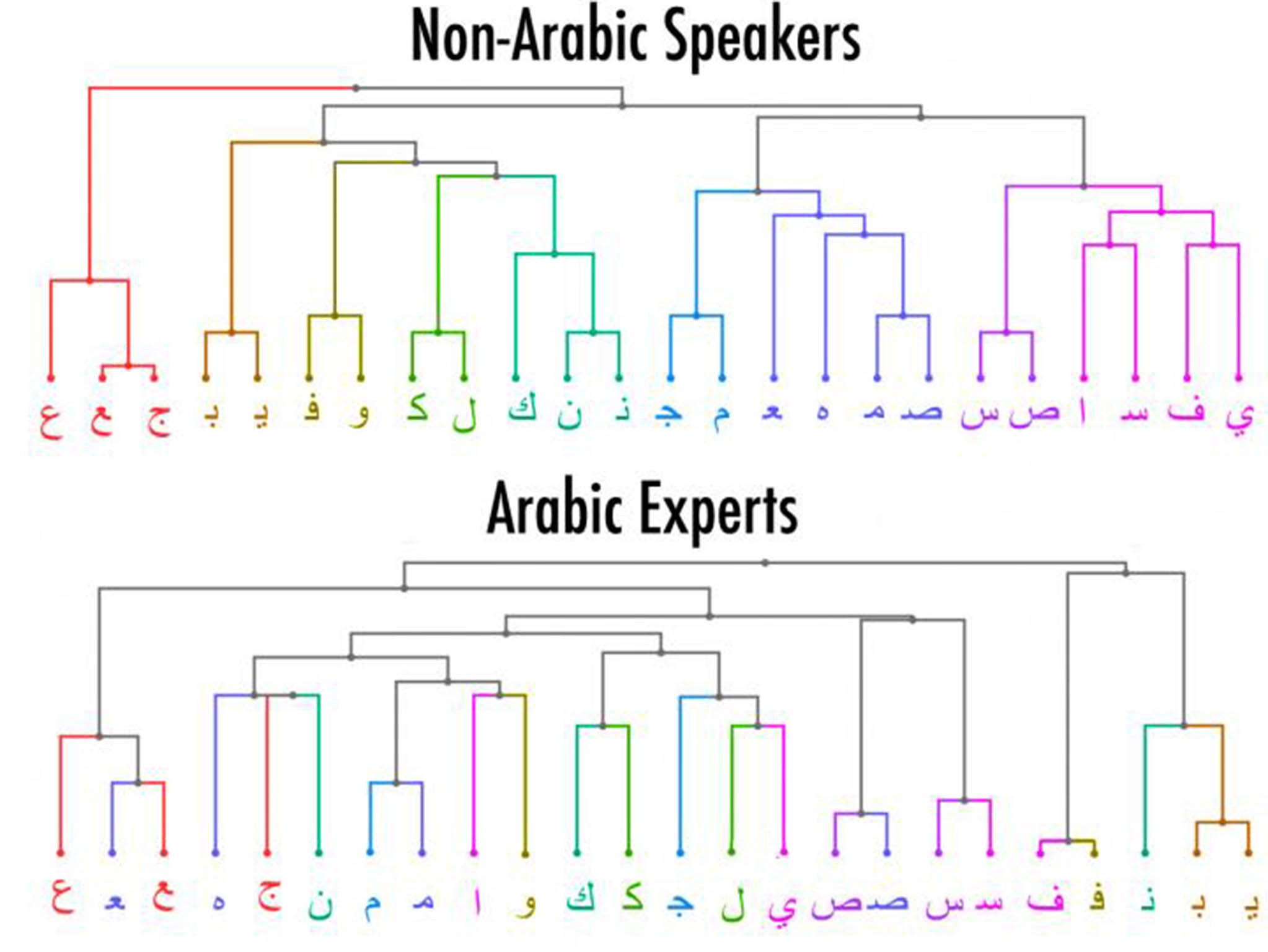The language you speak affects the way you view the world, study finds
'What we find should hold true for any sort of object - cars, birds, faces. Expertise matters. It changes how you perceive thing,' author says

Your support helps us to tell the story
From reproductive rights to climate change to Big Tech, The Independent is on the ground when the story is developing. Whether it's investigating the financials of Elon Musk's pro-Trump PAC or producing our latest documentary, 'The A Word', which shines a light on the American women fighting for reproductive rights, we know how important it is to parse out the facts from the messaging.
At such a critical moment in US history, we need reporters on the ground. Your donation allows us to keep sending journalists to speak to both sides of the story.
The Independent is trusted by Americans across the entire political spectrum. And unlike many other quality news outlets, we choose not to lock Americans out of our reporting and analysis with paywalls. We believe quality journalism should be available to everyone, paid for by those who can afford it.
Your support makes all the difference.Letters and other objects look significantly different to people familiar with them, a study has found.
Researchers looked at how experts and novices in a language viewed the letters in its alphabet.
Using Arabic as a frame of reference, those behind the study at John Hopkins University concluded visual processing was heavily influenced by experience.
Senior author Brenda Rapp, a professor in the Department of Cognitive Sciences, said: "You might assume we have basic vision machinery and that you could detect features of different letters even if you didn’t know the language. But that’s not the case. What you know affects how you see things.”
The study saw two groups, made up of 25 participants each, shown 2,000 pairs of letters, one pair at a time and asked to determine whether the letters were the same or different.
Participants were measured as to how quickly and accurately they could differentiate the letters.
The findings, published in the Journal of Experimental Psychology: Human Perception and Performance, showed members of the group who were not familiar with the Arabic alphabet were quicker to tell the letters apart, but experts were more accurate.

The more features a single letter had - such as horizontals, whorls and curves - the slower novices were slower to distinguish them, while experts were quicker the more complicated the letter seemed to be.
Lead author Robert WWiley said: “When you become an expert in reading an alphabet, what does that change? Does your visual system see the same thing as a beginner? We say no. If you’re an expert, things that look complex to a novice look simple to you.
“What we find should hold true for any sort of object - cars, birds, faces. Expertise matters. It changes how you perceive things. Part of being an expert is learning what matters and what doesn’t matter - including visual features. You know what to look for."
Join our commenting forum
Join thought-provoking conversations, follow other Independent readers and see their replies
Comments